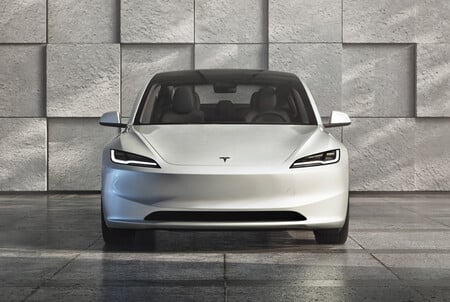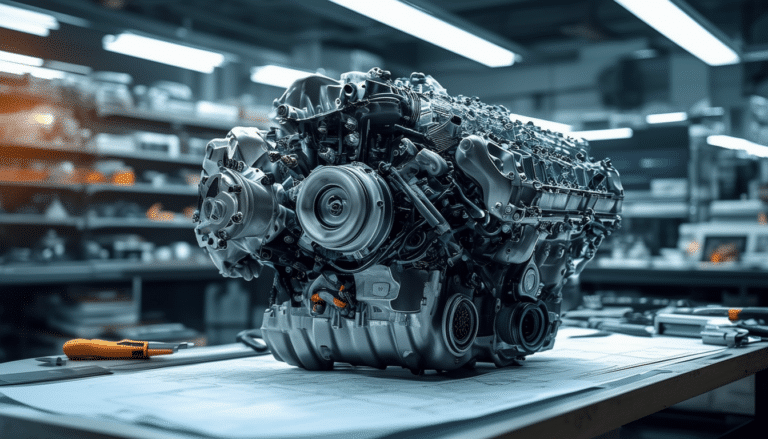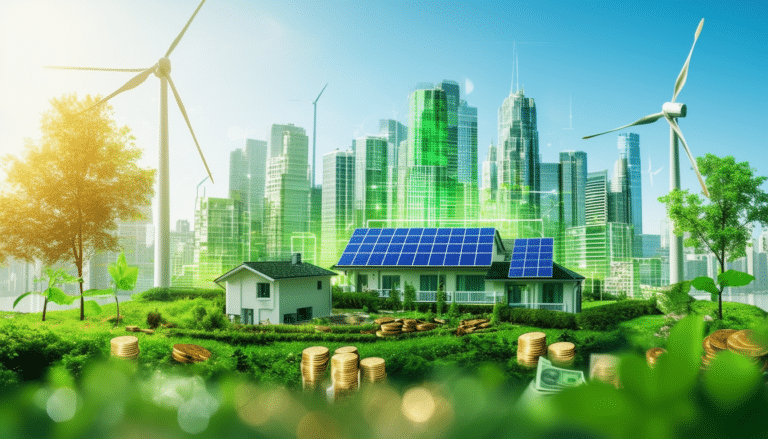El Futuro Urbano Desvelado: Smart Cities
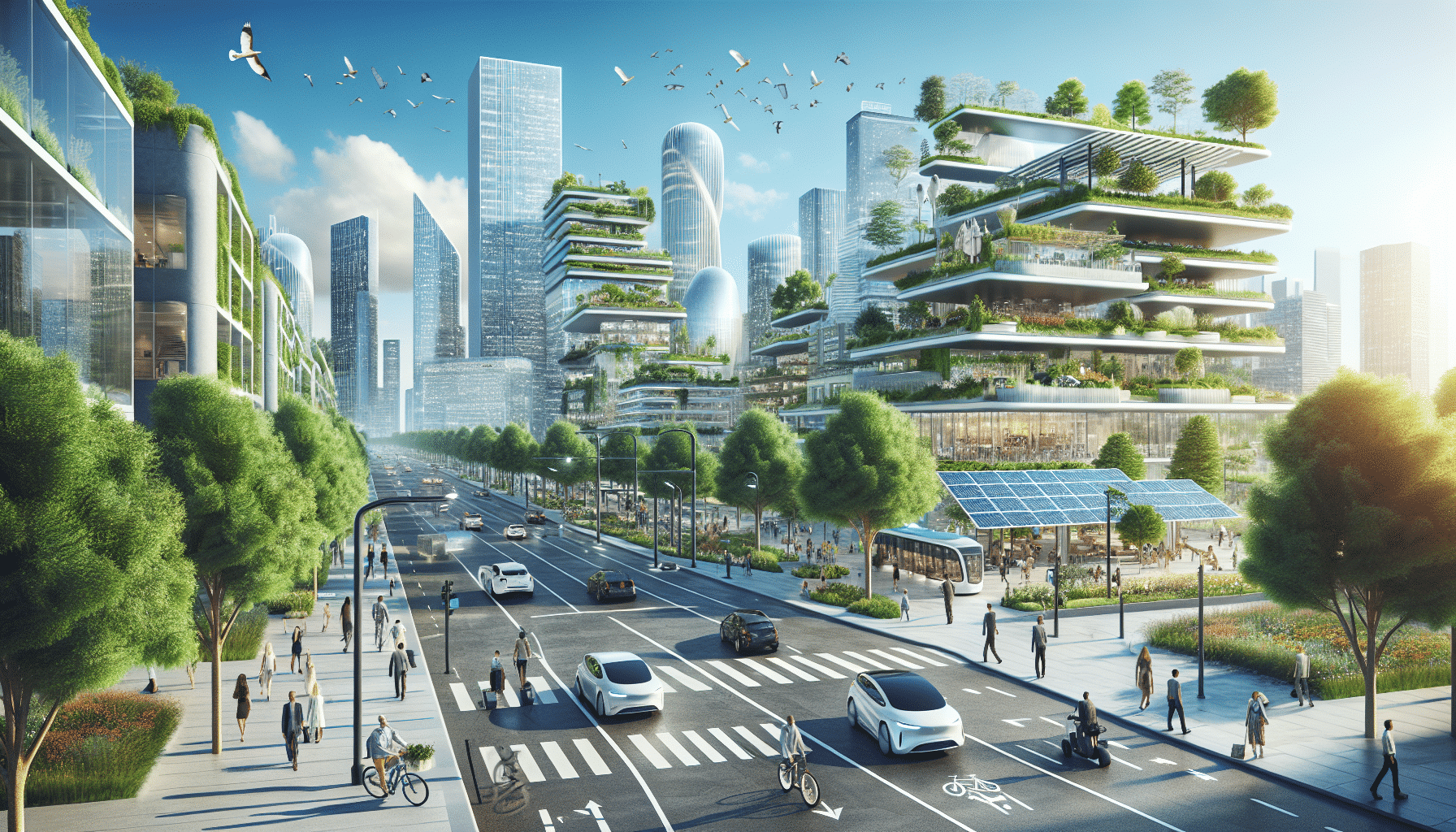
In a world where technology is advancing by leaps and bounds, the cities of the future are getting closer every day. In this article, we will explore how urban mobility is being revolutionized by the adoption of electric cars and advanced intelligent systems. We invite you to discover the fascinating future of smart cities and how these innovations will change our lives forever. Dive into this exciting journey into the urban future. Don’t miss it!
Digital Transformation and Its Impact on the City
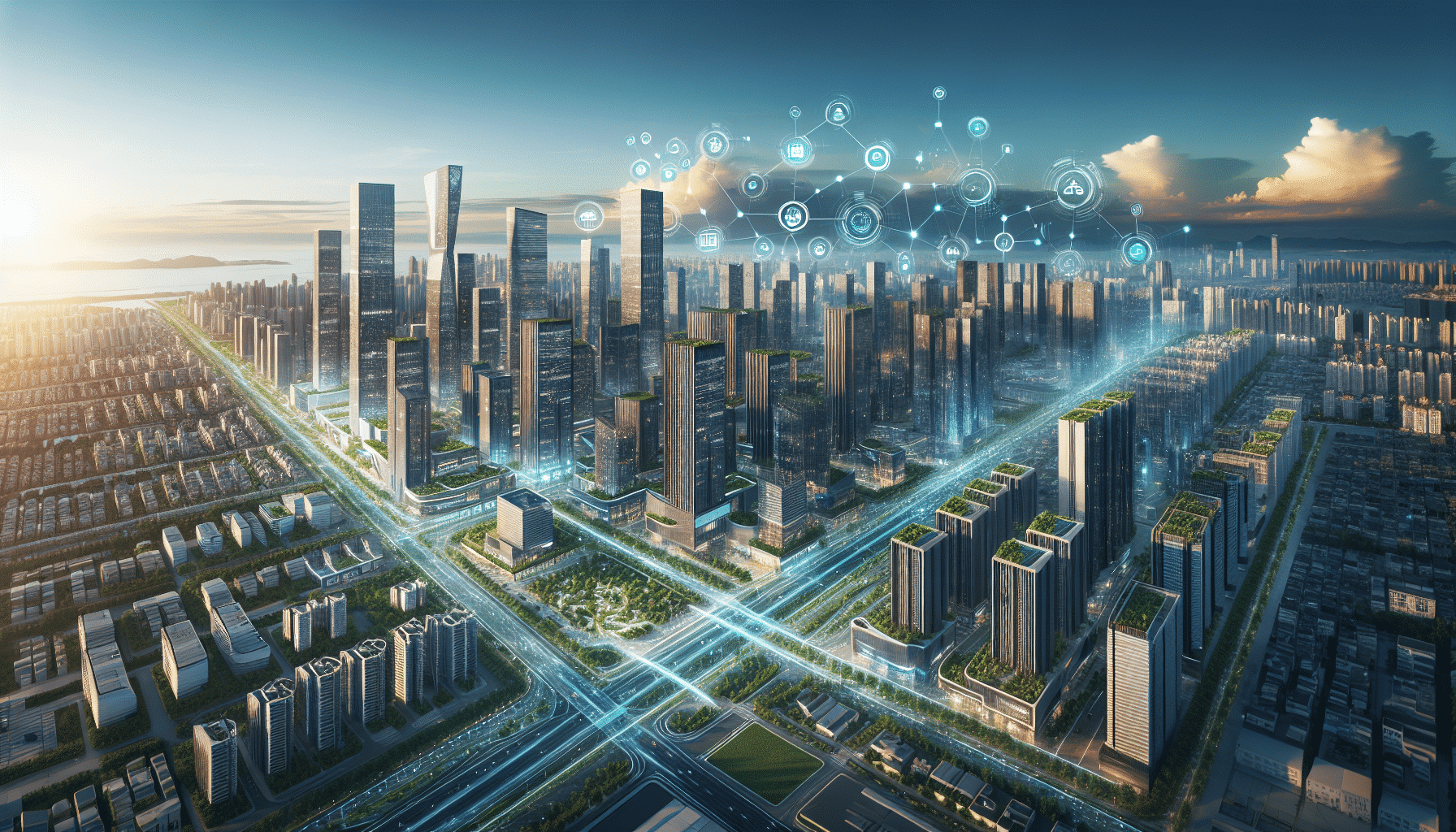
In recent years, the concept of smart cities has entered the vocabulary of urban planners, politicians, and citizens aware of climate change. But what does it really mean, and how is digital transformation impacting our cities?
What Are Smart Cities?
Smart cities use technology to improve the quality of life for their inhabitants. This encompasses a wide variety of aspects, from energy efficiency to urban mobility and waste management. All this is achieved through a network of interconnected devices that collect and analyze data in real-time.
To make it clearer, several examples of its implementation can be cited, such as smart parking meters that allow payment via a mobile application, or traffic lights that adapt to traffic flow to improve smoothness.
The Digital Transformation of Cities
But, how is the digital transformation of a city achieved? The key lies in the implementation of information and communication technology (ICT) in the existing urban infrastructure. A report published by Impacto TIC provides a fascinating view of how several cities in Latin America are applying these strategies and technologies.
The Impact on the City
Digital transformation has a significant impact on how we live our lives in the city. From an environmental perspective, smart cities can be more efficient in their processes and reduce their carbon footprint. For example, intelligent lighting can reduce energy consumption by adapting to natural light conditions.
On a social level, digital transformation can enhance quality of life by making the city safer and easier to navigate. Mobile applications can provide citizens with real-time information about traffic or the status of public services. Additionally, a detailed article on Impacto TIC explains how emerging technologies are revolutionizing lighting in cities.
In summary, smart cities represent an unparalleled opportunity to improve the quality of life for citizens and make our cities more sustainable and efficient. Although digital transformation presents its own challenges, the potential of smart cities to create a more sustainable and equitable future is immense. As the saying goes, “there is no city without its citizens.” Therefore, we must work together to make the most of the possibilities that technology offers us and to build the city we want for the future.


